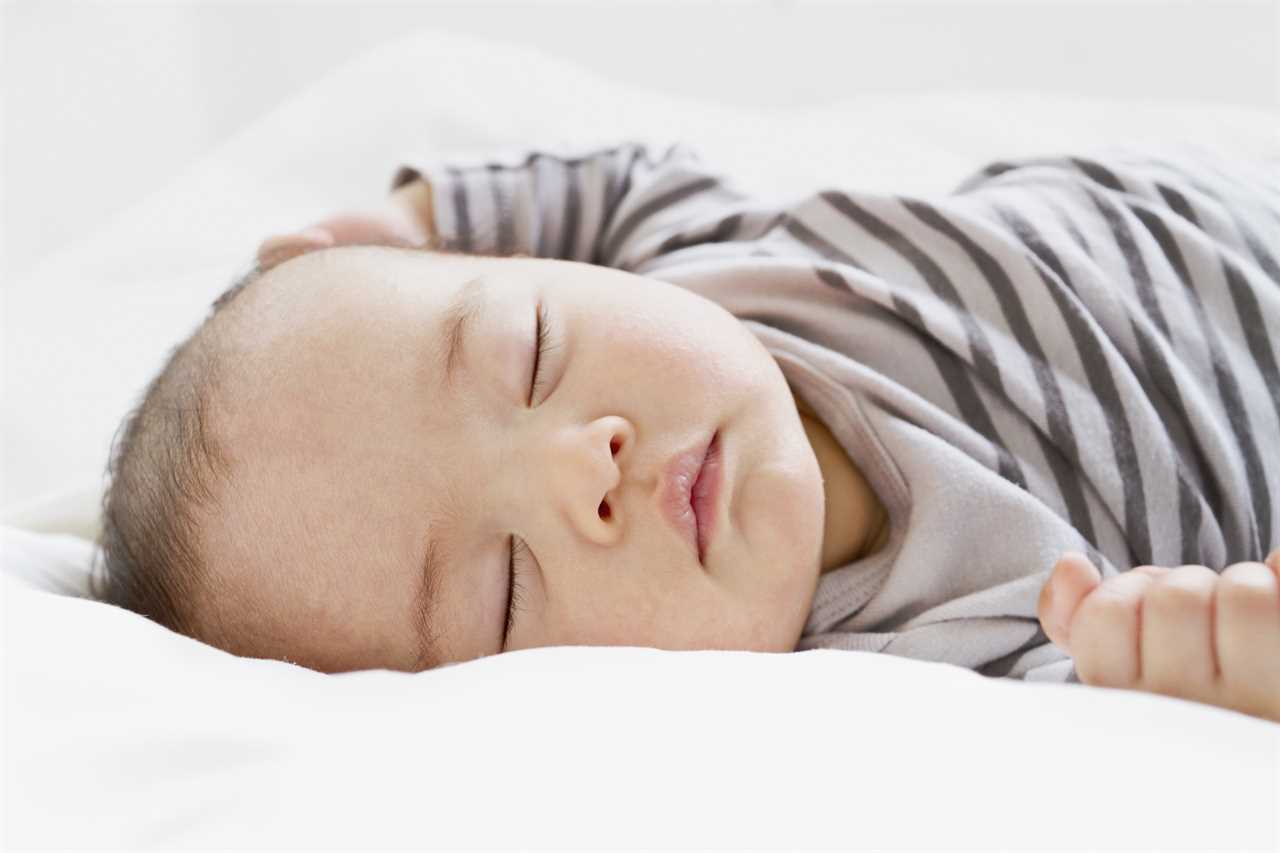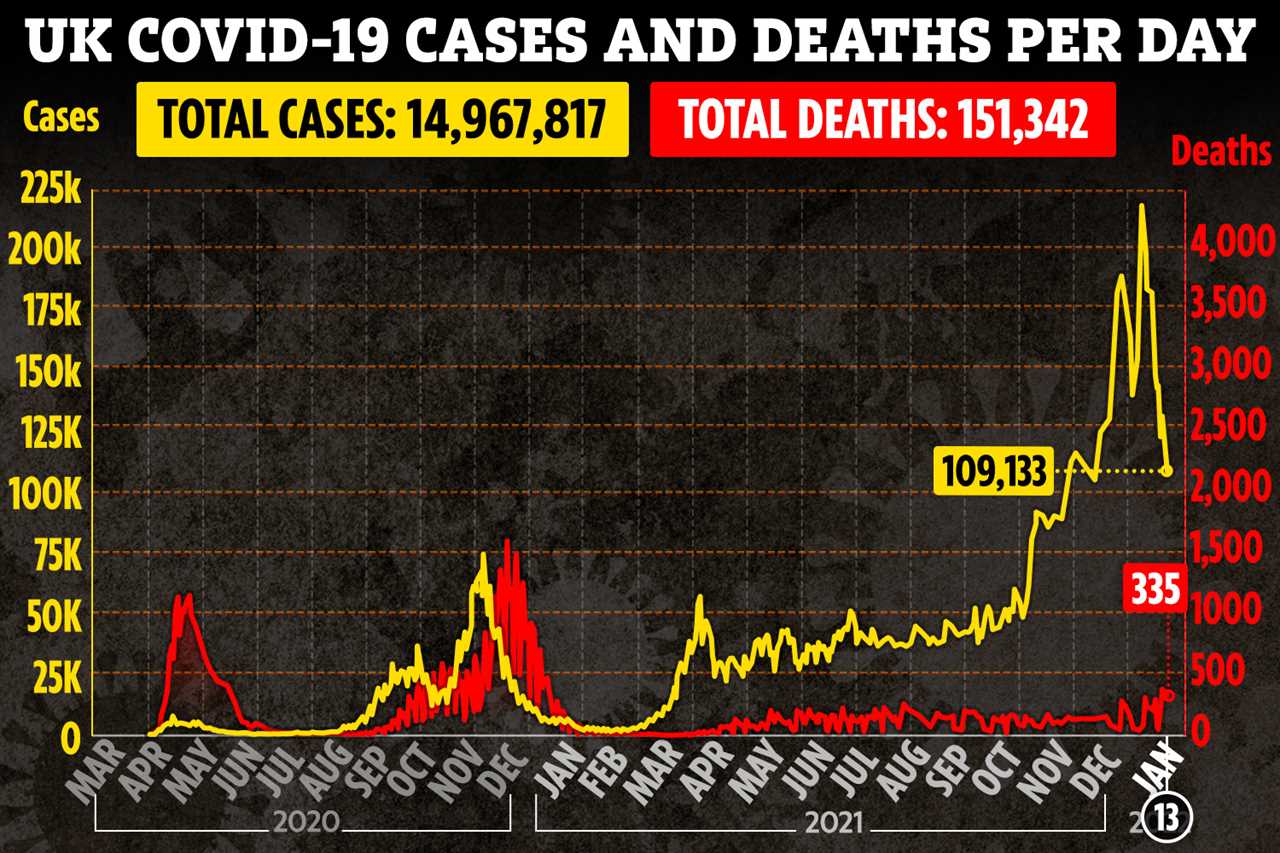OMICRON has triggered a rise in babies being admitted to hospital with Covid – but most only get a fever and a runny nose.
Data shows 42 per cent of child Covid patients are now younger than one, up from 31 per cent in waves of earlier variants.

Sage advisers say Omicron has led to a rise in babies being admitted to hospital with Covid, but most of them a
But top doctors on the Scientific Advisory Group for Emergencies (Sage) say the tots are not getting sick and most are admitted as a precaution.
A Sage report revealed babies younger than one have made up a majority of childhood admissions since December.
But there have only been 171 of them, with a study finding just one out of 55 needed intensive care because of a high fever.
It is in line with a string of hugely positive studies which found Omicron is milder than other strains in the vaccinated – with the first official UK report revealing the risk of hospitalisation is 50 to 70 per cent lower than with Delta.
Professor Calum Semple, a Sage adviser and doctor at Alder Hey Children’s Hospital in Liverpool, said: “These are not particularly sick infants.
“They’re coming in for short periods of time for investigations.”
Dr Camilla Kingdon, president of the Royal College of Paediatrics and Child Health, said: “I follow up our most high-risk preterm babies.
“Most of them in my clinic have had Omicron in the last four weeks – or their families have – and none of them have come to any harm.
“In fact, most of the mothers are reporting a runny nose, a little bit off their feet and some low grade fever.
“We need to watch this space but, from around the country at the moment, the picture is a reassuring one.”
Prof Russell Viner, who works at Great Ormond Street and is a professor at University College London, added: “The average length of stay was really low and almost none of them needed oxygen or other help.
“Around half of them got no treatment at all – they were in hospital for observation.
“A number of them got antibiotics but only because of the way that we treat children with fevers, particularly babies, which is to be very cautious and protect them.”
Infection rates are hard to track in babies because they don’t get tested regularly.
But Covid is known to be extremely mild in young children, with a current average of 29 daily hospital admissions in under-fives in England.
This makes up just a tiny proportion of the 2,000 per day across all age groups.
The Sage experts said baby admissions were higher in poorer areas.
They are not yet sure why the proportion of under-ones has increased, but insisted it is unlikely Omicron is higher risk.
Parents should use their judgement as normal and not worry about the variant, Prof Viner said.
He added: “I think we are seeing Covid behaving a bit more like normal winter viruses that we see in children, so parents are really experienced at that.
“If you’re worried, talk to your GP. The GPs are open. If you’re really worried, ring NHS 111 or take your child to hospital.
“Our hospitals are not full. Our children’s wards have space, our children’s intensive care has space, the NHS is open and is there.”
Babies cannot yet be jabbed in the UK, but if their parents are it reduces their chances of catching or passing on the virus.
Covid booster jabs protect against Omicron and offer the best chance to get through the pandemic, health officials have repeatedly said.
Trending In The News’s Jabs Army campaign is helping get the vital extra vaccines in Brits’ arms to ward off the need for any new restrictions.








